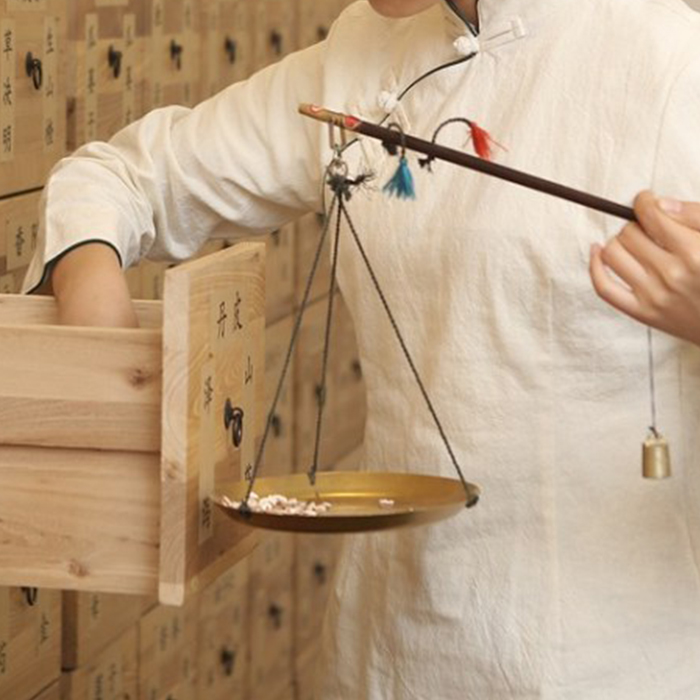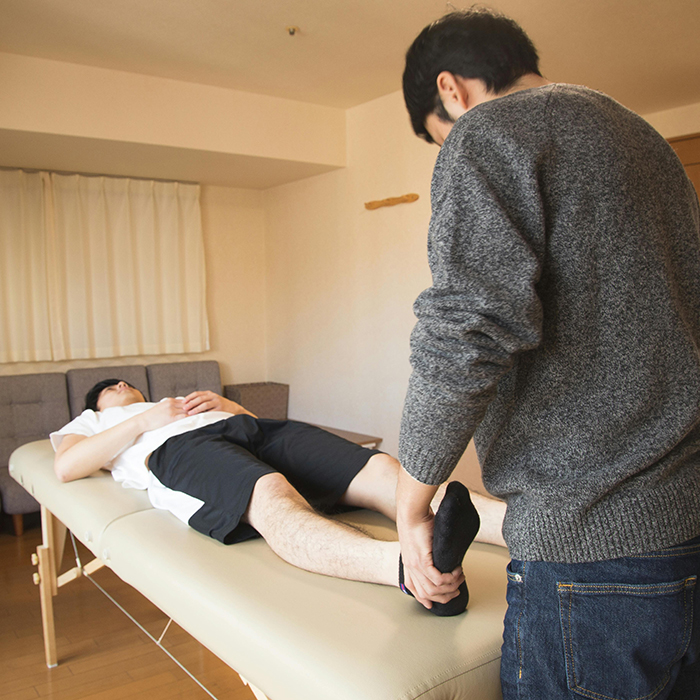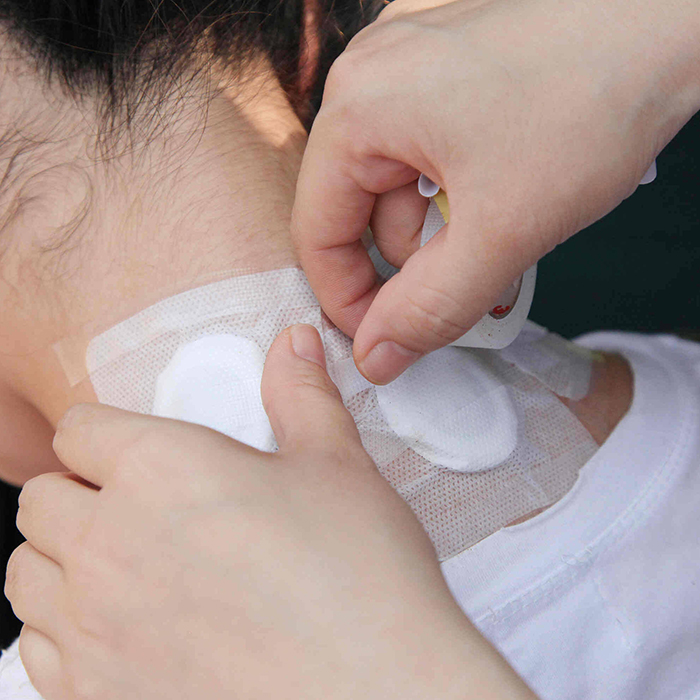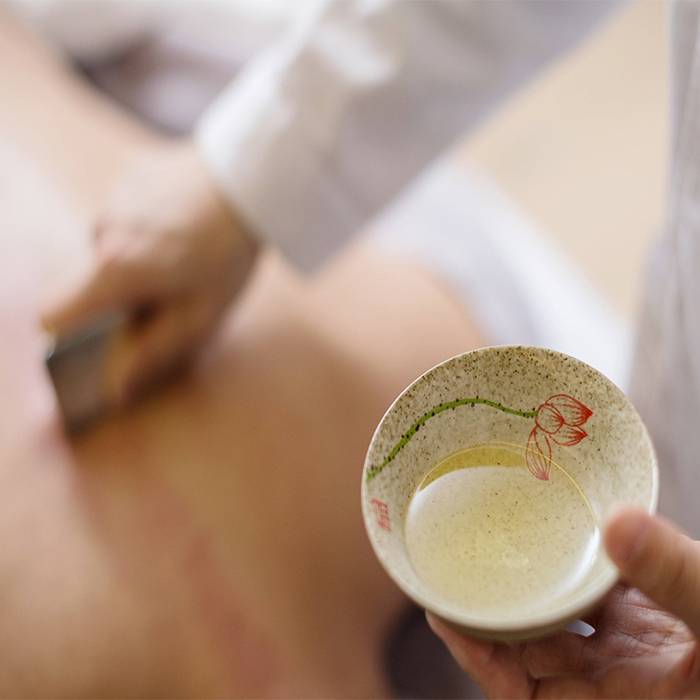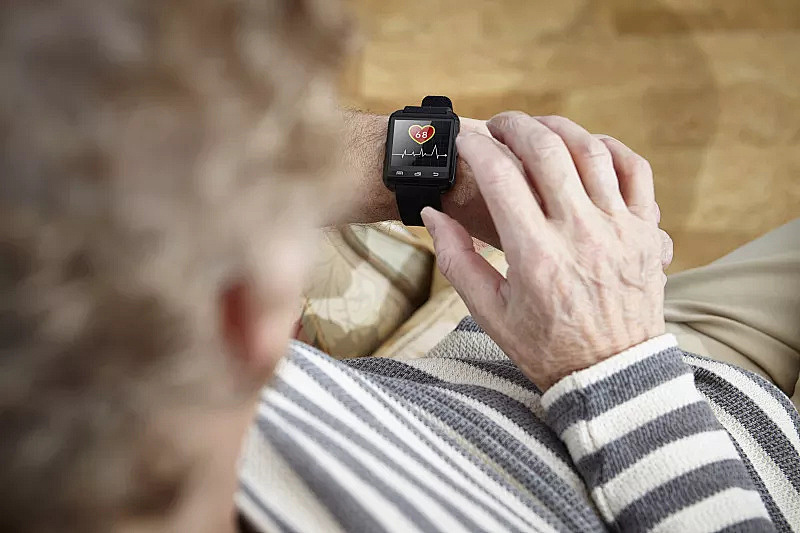“Modern Royal Palace Hall Chinese Medicine Training: The Modern Application of Traditional Medicine”
Chinese medicine, as an important part of traditional Chinese medicine, has a long history and profound cultural heritage. Today, Chinese medicine is gradually gaining more attention and recognition worldwide. It is not only widely used in China, but also becoming a sought-after therapy in many countries. Therefore, the development prospect of Chinese medicine is broad and promising.
Firstly, Chinese medicine has particular advantages in prevention and healthcare. Chinese medicine emphasizes "prevention of disease", aiming to prevent diseases by adjusting the balance of yin and yang and coordinating the five elements within the body. Chinese medicine focuses on maintaining the overall health of individuals, encouraging people to adopt healthy lifestyle habits such as dietary regulation, exercise, emotional adjustment, etc., in order to enhance the body's self-healing ability and immunity. This health-centered concept aligns with the modern pursuit of various aspects of health, making Chinese medicine in prevention and healthcare have a wide market demand and development prospects.
Secondly, the efficacy of Chinese medicine has been scientifically validated and recognized in some areas. With the development of modern medicine, more and more research indicates that Chinese medicine has special advantages and effectiveness in the treatment of many diseases. For example, acupuncture, Tui Na massage, and other Chinese medical therapies have been widely used in pain management, rehabilitation, and mental health fields, achieving significant results in improving patients' quality of life. These scientific research and clinical practice achievements have earned more trust in Chinese medicine, providing a solid foundation for its future development.
Furthermore, the position of Chinese medicine in the comprehensive healthcare system is increasingly important. With the acceleration of global aging process and the increasing incidence of chronic diseases, the demand for traditional medicine is also growing. Compared to Western medicine, Chinese medicine focuses on holistic observation and treatment, able to provide personalized diagnosis and treatment plans. Therefore, many countries are strengthening the education and research of Chinese medicine, incorporating it into the comprehensive healthcare system to meet the growing health needs of people.
In addition, the integration of Chinese medicine with modern technology also brings new opportunities for the development of Chinese medicine. With the rapid development of technologies such as artificial intelligence and big data, Chinese medicine research and clinical practice are gradually moving towards digitization and intelligence. By establishing Chinese medicine databases, developing Chinese medicine diagnostic assistance systems, etc., Chinese medicine knowledge can be better integrated and disseminated, and the accuracy and reliability of Chinese medicine can be improved.
In conclusion, the Modern Royal Palace Hall Chinese Medicine Training: The Modern Application of Traditional Medicine, with its emphasis on prevention and healthcare, scientifically proven efficacy, increasing importance in the comprehensive healthcare system, and integration with modern technology, holds great potential for development and will continue to play a vital role in promoting overall health and well-being.









